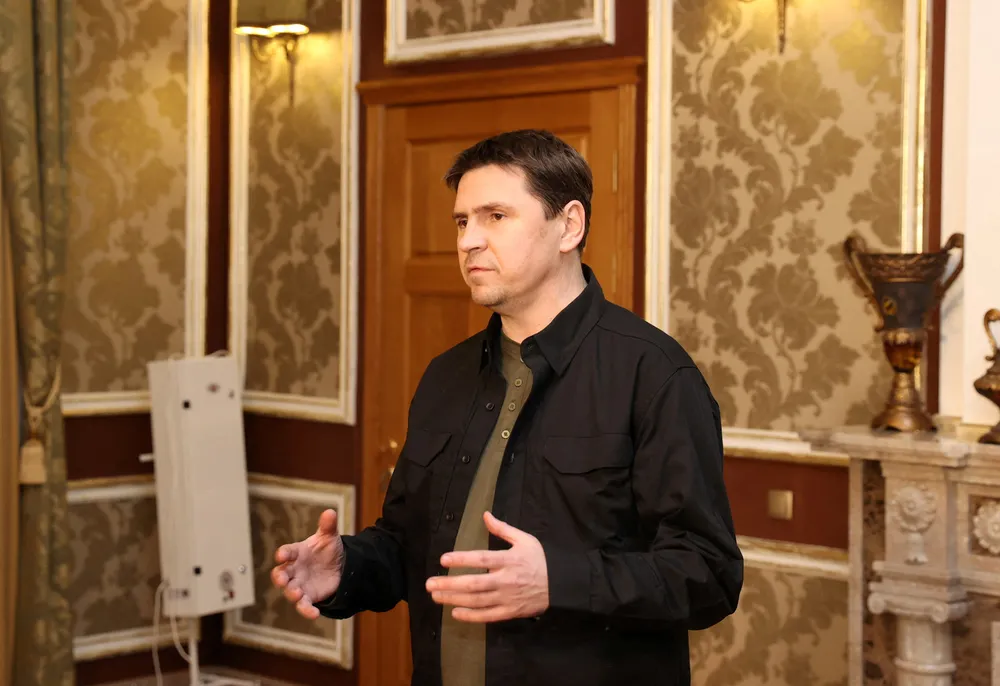European gas prices soar as Ukraine steps up calls for Russian energy boycott
Weather factors at play but traders also wary as ongoing Ukraine invasion increases pressure for boycott of Russian energy supplies

Weather factors at play but traders also wary as ongoing Ukraine invasion increases pressure for boycott of Russian energy supplies
